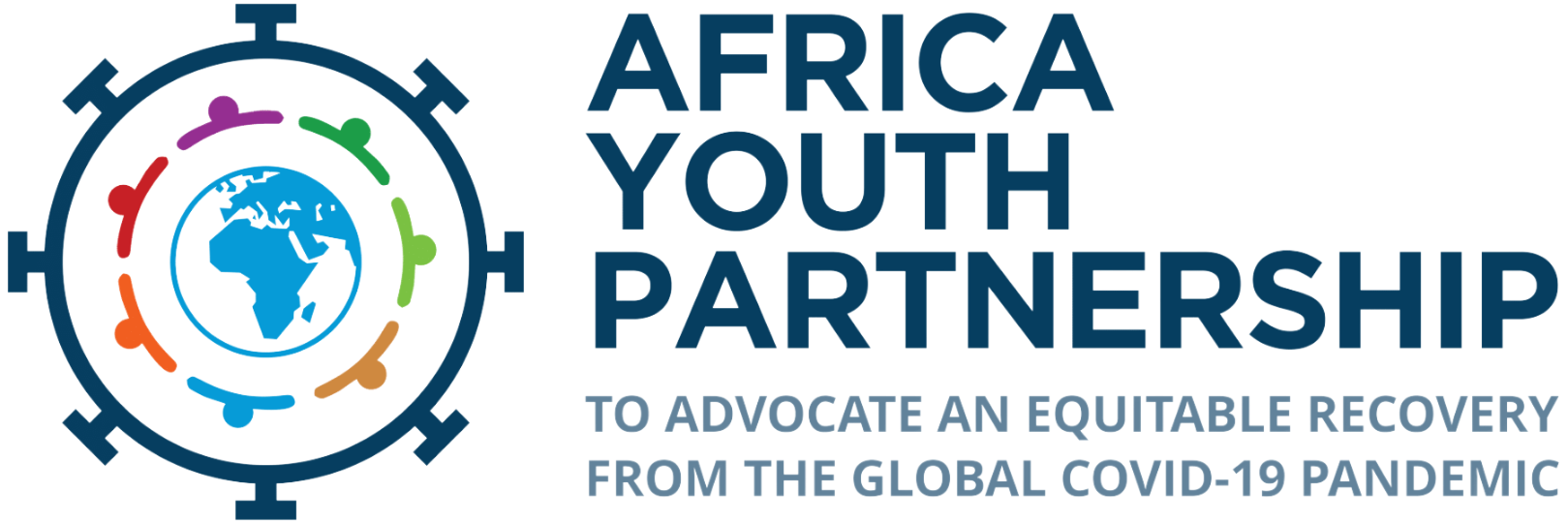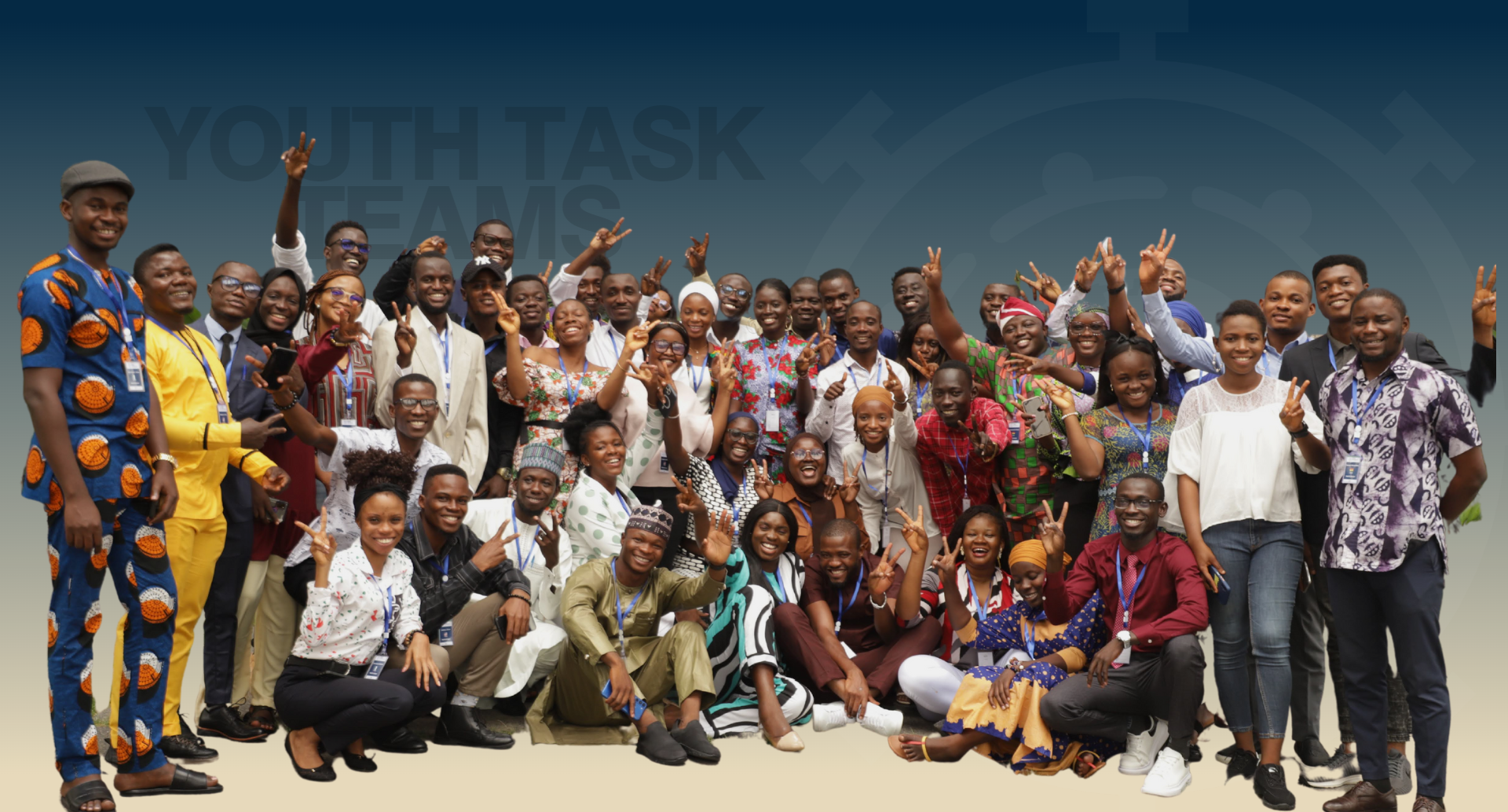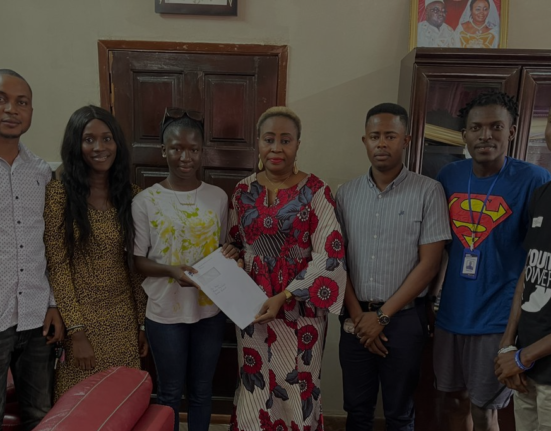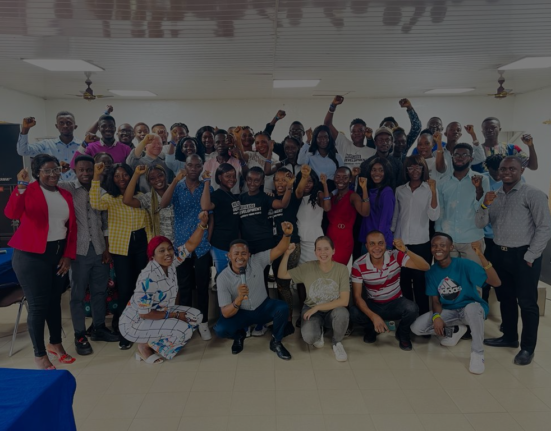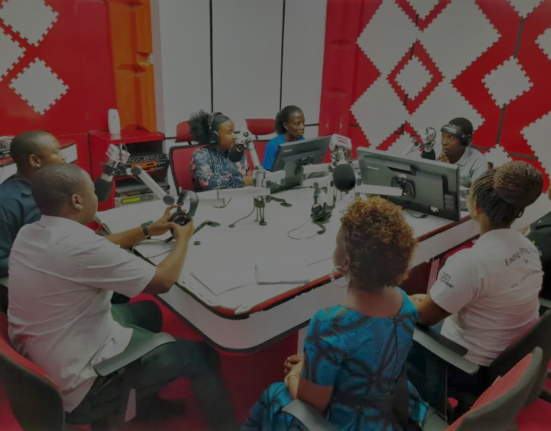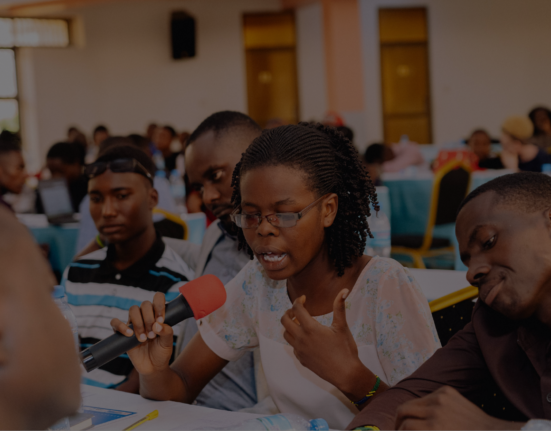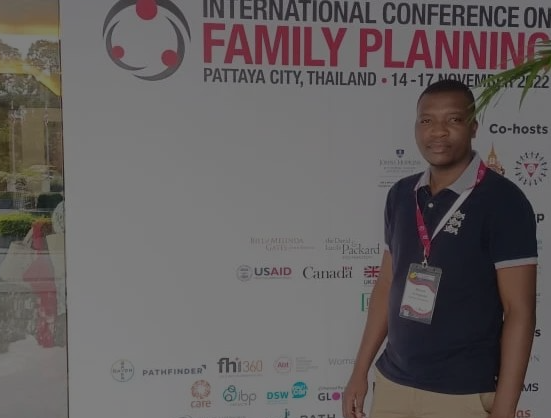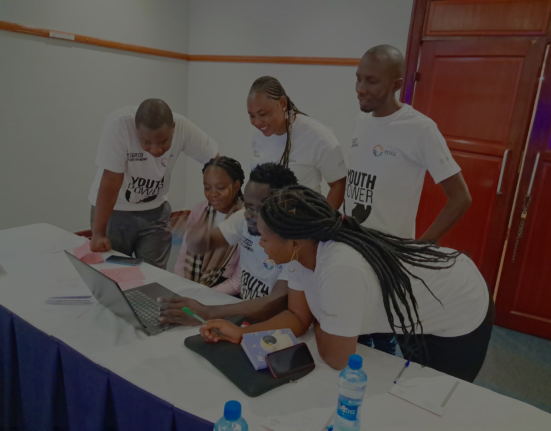We, members of the Youth Task Teams of the Africa Youth Partnership to Advocate an Equitable Recovery from the Global COVID-19 Pandemic, convened in Accra, Ghana from 25th to 28th July 2022 to discuss continental recovery efforts and formulated strategies for a youth-inclusive recovery.
Representing Nigeria, Liberia, Ghana and the Gambia, we are determined to play a frontline role in national and regional recovery efforts. Drawing on extensive consultations with our youth organisations and networks, we have identified systemic challenges that need to be addressed through bold policies and actions by African governments and development partners to lift the continent out of the ravages of the pandemic.
Our call to action is to all governments, regional and international bodies, the private sector, civil society and other development partners to take immediate action in the following areas:
- Develop the infrastructure for 21st century education for all and see the experience of the COVID-19 pandemic as an opportunity to stimulate technology-assisted learning across the education sector;
- Build an appropriate distance and technology-enabled component into the curriculum, integrating a blended, self-paced element into all learning, without disadvantaging any child; prioritise the training of teachers in the use of technology and in conducting lessons online;
- Develop, through fiscal measures and other incentives, an enabling environment and encourage the private sector to contribute to a firm technological basis for education systems;
- Unemployment rates need to be reduced! We call for sustainable job opportunities for youth to reduce and stamp out poverty in Africa; we need resilient infrastructure (economic, educational, public, business, etc) to be a source of a sustainable economic growth of the continent within and beyond the recovery;
- Fully finance education to protect education budgets from potential cuts and ensure continued learning through distance education during times of disruption, to continually engage and educate young people and ease their return upon reopening of schools;
- Create an enabling environment for inclusive education by eliminating policies and practices that expel pregnant girls and establish continuation policies and strategies to facilitate the continued education of pregnant girls and adolescent mothers; address period poverty by increasing access to sanitary products and personal hygiene support for girls in deprived circumstances;
- Deliver gender-transformative teacher training and education to create discrimination-free classroom environments, including sexual and reproductive health education to help reduce teenage pregnancy, and to facilitate accelerated learning programmes for adolescent mothers returning to school;
- Accelerate technology adoption, innovation and digital skills training for youth and women entrepreneurs; this includes the design of an African strategy that accelerates and supports the digital inclusion of youth and women entrepreneurs and empowers them to be successful in both digital business and the digital economy;
- Improve the business climate and lower barriers to obtaining and controlling resources by strengthening financing and fiscal assistance, reaching youth and women entrepreneurs first; this includes reductions in the tax burden and social security payments for youth- and women-led businesses;
- Enable gender neutrality in sectoral, industry, and market behaviours through interventions that address pre-existing market behaviours constraining women-led enterprises; this includes supporting young women entrepreneurs to cross over into male-dominated sectors and industries to boost women entrepreneurs’ performance and decrease the gender profit gap;
- Strengthen the climate resilient community in Africa to address food insecurity; climate change affects smallholder farmers, of which more than a majority are women; we need climate smart agriculture that is gender sensitive; we need to address loss and damage;
- Expand access to water and sanitation by optimising water management for effective distribution in the community; water security is threatened by climate change; and
- Address growing concerns about the mismanagement of COVID-19 funds and the allocation of resources meant for interventions in health, education and infrastructural development. In particular, African governments must be transparent and accountable in the accession and utilisation of reserve funds under the Special Drawing Rights mechanism introduced by the International Monetary Fund during the pandemic;
As young leaders and partners in Africa’s development, we continue to support the recovery efforts at all levels, including through youth-led innovation, volunteering, and policy engagement as contained in our Youth Task Teams Action Plan.
THE COMMUNIQUÉ | 28th July, 2022: Accra, Ghana
